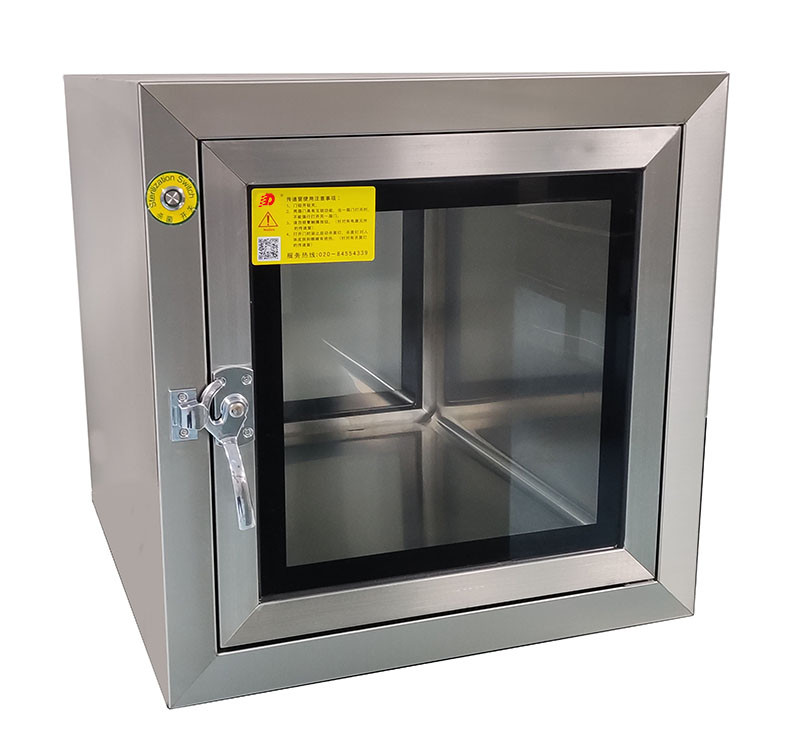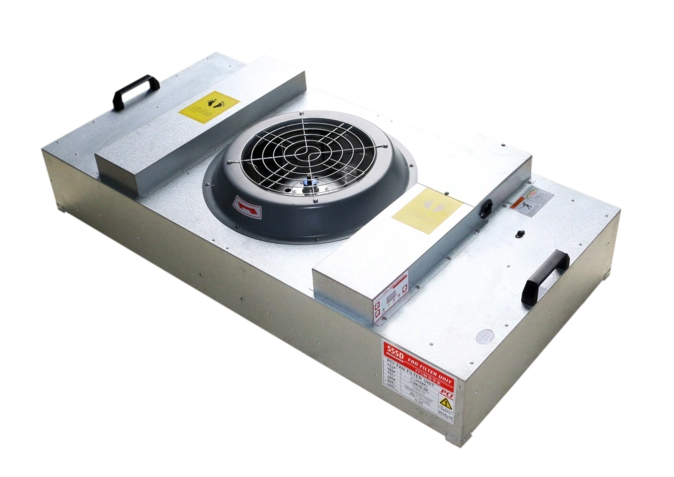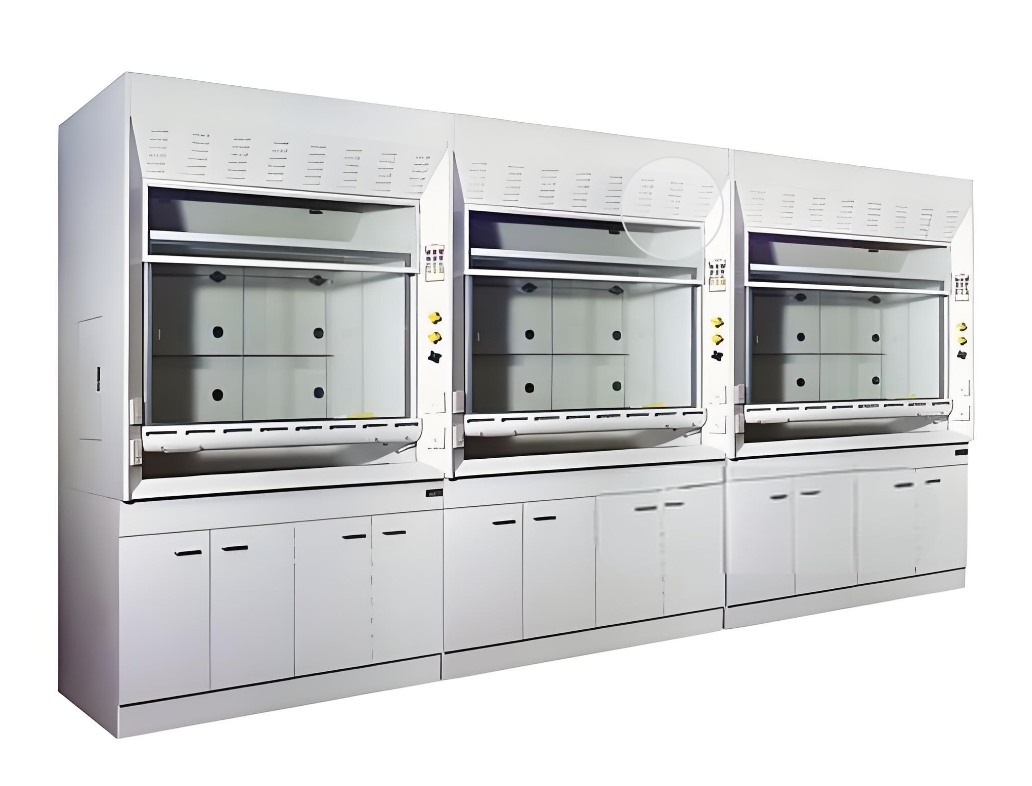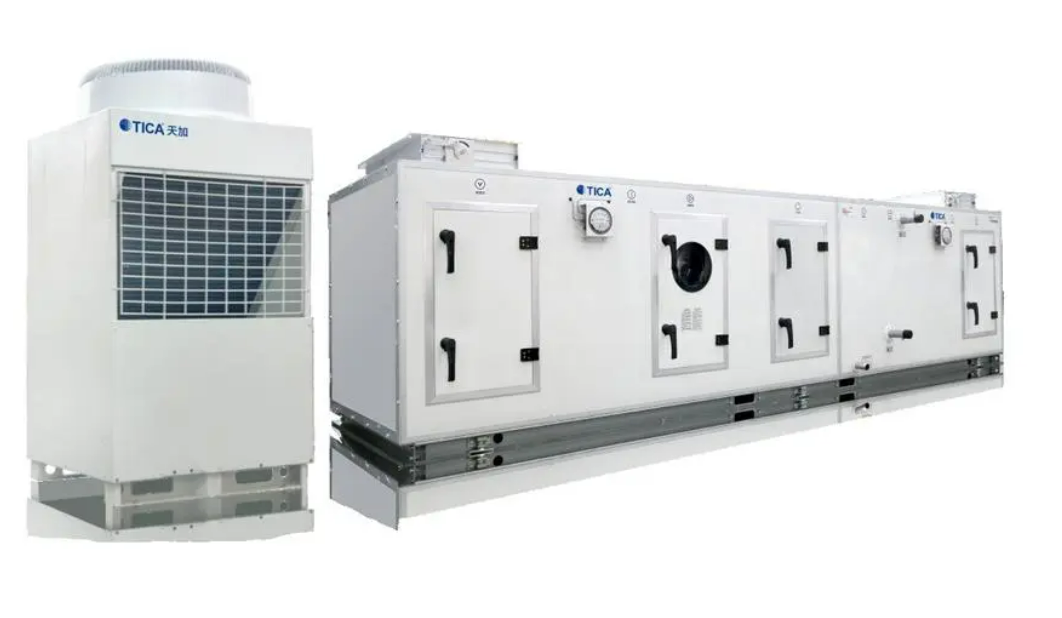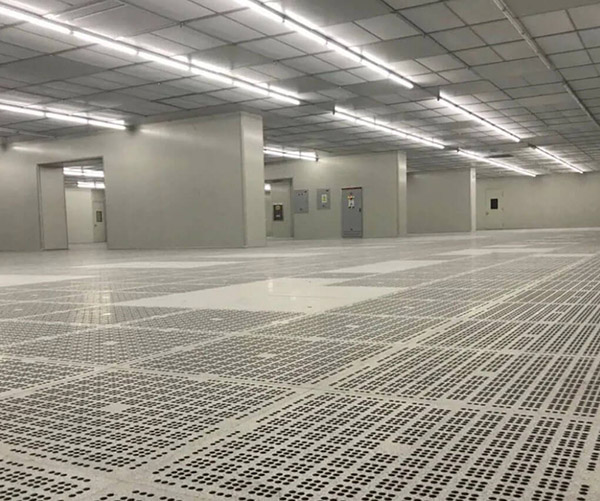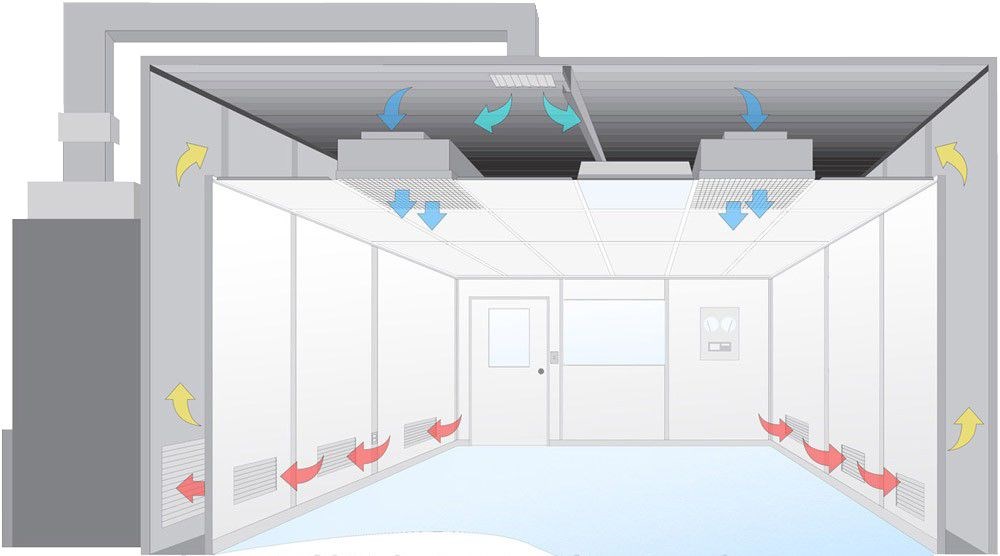What Are the Benefits of Using an Air Filter?
Air filters play a crucial role in maintaining indoor air quality, providing numerous benefits that impact health, comfort, and energy efficiency. Understanding these advantages can help individuals and organizations make informed decisions regarding air filtration systems.

Improved Indoor Air Quality
Using air filters can significantly improve indoor air quality by removing pollutants. According to the Environmental Protection Agency (EPA), indoor air can be 2 to 5 times more polluted than outdoor air. Air filters can reduce particulate matter, allergens, and volatile organic compounds (VOCs), leading to healthier living environments.
Reduction of Allergens
Air filters effectively capture allergens such as pollen, dust mites, and pet dander. High-Efficiency Particulate Air (hepa) filters can trap 99.97% of particles as small as 0.3 microns. This reduction in allergens contributes to fewer allergy symptoms, benefiting approximately 50 million Americans suffering from allergic rhinitis.

Enhanced Respiratory Health
According to the World Health Organization (WHO), air pollution is a leading cause of respiratory diseases. By using air filters, the risk of respiratory issues can decrease significantly. Studies indicate that individuals with asthma experience fewer attacks, with a reported reduction of up to 40% in symptoms when air filters are utilized.
Energy Efficiency
Air filters contribute to energy efficiency by ensuring HVAC systems operate optimally. A clean filter can improve airflow by up to 15%, reducing the strain on heating and cooling units. This increased efficiency can lead to energy savings of 5% to 15% on utility bills, according to the U.S. Department of Energy.

Odor Removal
Air filters help eliminate unpleasant odors from indoor spaces. Activated carbon filters are particularly effective, absorbing odors from cooking, pets, and smoke. This results in fresher air and a more pleasant living environment, enhancing overall comfort.
Compliance with Standards
Using air filters can help organizations comply with health and safety standards. For instance, the American Society of Heating, Refrigerating and Air-Conditioning Engineers (ASHRAE) recommends specific filtration standards to maintain air quality in commercial buildings. Compliance with these standards can enhance occupant satisfaction and well-being.
Do Air Filters Improve Air Quality?

Understanding Air Filters
Air filters are devices designed to remove contaminants from the air, including dust, pollen, smoke, and other pollutants. By trapping these particles, air filters can significantly enhance indoor air quality, making environments healthier for occupants. Regular use of air filters can lead to a noticeable reduction in allergy symptoms and respiratory issues.
Types of Air Filters
There are various types of air filters, including HEPA filters, activated carbon filters, and electrostatic filters. Each type has its unique mechanism for capturing pollutants, catering to different needs and preferences in air purification.
Benefits of Air Filters
Air filters play a crucial role in improving air quality by reducing airborne particles and allergens. They help in creating a cleaner living space, which is particularly beneficial for individuals with asthma or allergies. Additionally, air filters can reduce odors and harmful gases, contributing to a more pleasant indoor environment. Regular maintenance and replacement of filters ensure optimal performance, further enhancing their effectiveness in purifying the air.
What is the Disadvantage of Air Filter?

Maintenance Requirements
One of the main disadvantages of air filters is the need for regular maintenance. Filters must be replaced or cleaned periodically to maintain their efficiency. Neglecting this can lead to reduced air quality and increased energy consumption, as clogged filters can strain HVAC systems.
Initial Costs
The initial investment in high-quality air filters can be significant, which may deter some consumers from purchasing them.
How Do Air Filters Help the Environment?

1. Reducing Air Pollution
Air filters contribute to environmental protection by reducing indoor air pollution. By capturing harmful particles, they help lower the overall pollution levels in homes and offices, promoting a healthier atmosphere.
2. Energy Efficiency
Using air filters can enhance the energy efficiency of heating and cooling systems. Cleaner air allows these systems to operate more effectively, reducing energy consumption and lowering greenhouse gas emissions.

3. Supporting Sustainable Practices
Incorporating air filters into daily life aligns with sustainable practices. By improving air quality, they contribute to public health and environmental well-being, fostering a more sustainable future for communities.
4. Promoting Awareness
Air filters also raise awareness about the importance of Clean air. As more people recognize the benefits of air filtration, there is a growing demand for cleaner technologies and practices, further supporting environmental initiatives.
How Does Air Filter Improve Performance?

1. Enhancing HVAC Efficiency:Air filters improve the performance of HVAC systems by ensuring that they operate efficiently. Clean filters allow for better airflow, reducing the workload on the system and extending its lifespan.
2. Reducing Allergens:By capturing allergens and pollutants, air filters create a healthier indoor environment. This not only benefits individuals with allergies but also enhances overall comfort for all occupants.
3. Improving Indoor Comfort:With better air quality, occupants experience improved comfort levels. This can lead to increased productivity and well-being, particularly in work and study environments.

4. Supporting Health:Air filters play a vital role in supporting public health by reducing the risk of respiratory diseases. Cleaner air contributes to better overall health outcomes for individuals and communities.
5. Long-term Cost Savings:Investing in quality air filters can lead to long-term cost savings. By improving energy efficiency and reducing health-related expenses, air filters provide significant economic benefits over time. Regular maintenance ensures that these benefits are maximized, making air filters a wise investment for both health and finances.
 +86 18186671616
+86 18186671616 Jason@cleanroomequips.com
Jason@cleanroomequips.com
 MENU
MENU







